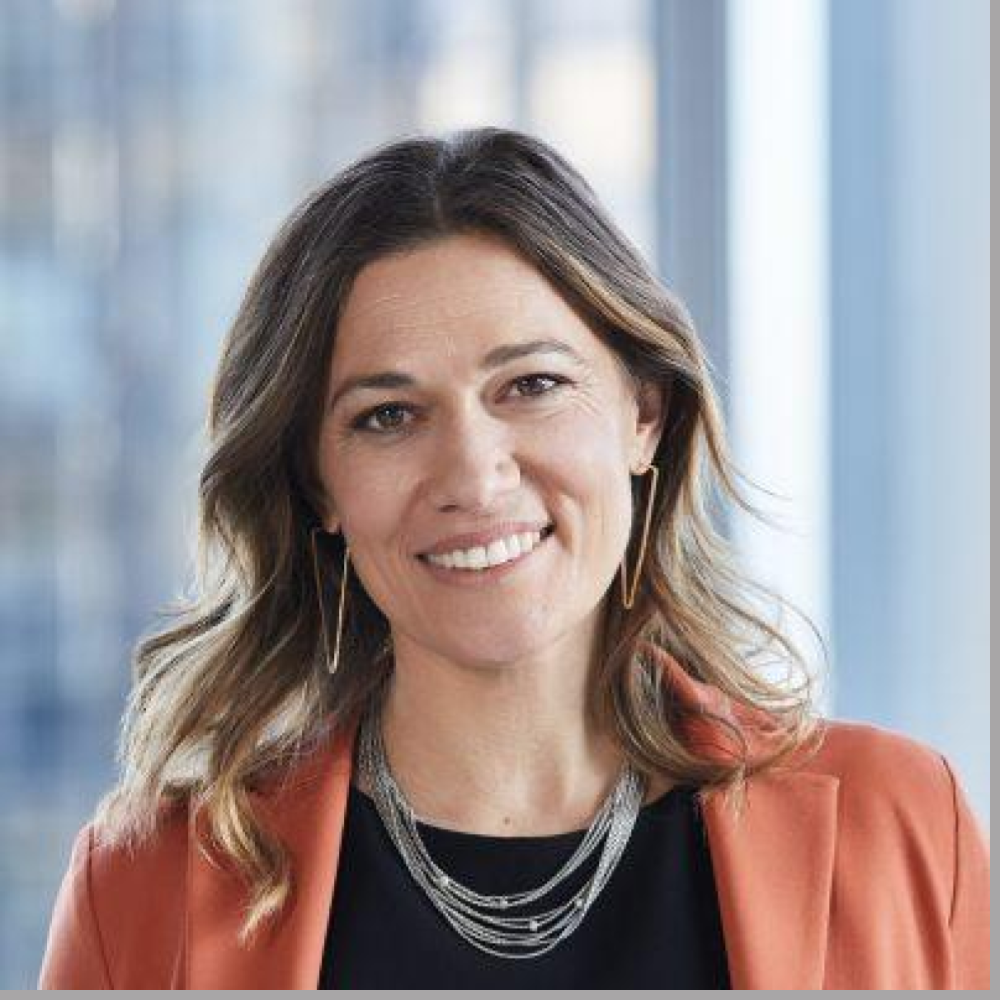
NFL Health and Safety Research Update: Applying Evidence to Make the Game Safer at All Levels

Abstract:
The NFL has developed injury reduction strategies that can be broadly applied to address other levels of play. These strategies can be used to reduce some of the most common injuries, including ACL and concussion. This presentation will describe the latest findings on protective equipment including helmets, shoulder pads, and shoes. We will also discuss sensor data that can be used to adjust workloads and the critical role of coaches to assist in player safety.
Learning Objectives:
- Describe how to structure training session to reduce risk of injury.
- Evaluate equipment choices to improve player safety.
- Develop of a strategy of engaging coaches to support player safety.
Level:
Advanced
Domain(s):
Domain 1: Risk Reduction Wellness and Health Literacy
Domain 2: Assessment Evaluation and Diagnosis
Domain 4: Therapeutic Intervention
CEUs:
1.0 Category A
Keywords: injury prevention, sports science, equipment innovation
In order to earn your CEUs, you must watch the session video in its entirety and complete the assessment.

Allen Sills, MD
Chief Medical Officer
National Football League
Dr. Allen K. Sills is the NFL’s Chief Medical Officer (CMO), a full-time position dedicated to advancing the health and safety of the sport of football. He became the NFL’s first CMO in March 2017, joining the league from Vanderbilt University Medical Center. As a neurosurgeon specializing in the treatment of athletes, Dr. Sills continues to serve at Vanderbilt as a Professor of Neurological Surgery, and he is also the Founder and former Co-Director of the Vanderbilt Sports Concussion Center.
As the NFL’s CMO, Dr. Sills works closely with team medical staffs across the league, the NFL Players Association and its advisors, and the many medical and scientific experts who comprise the NFL’s medical committees. He coordinates with these medical experts to lead the league’s efforts to make advances, on and off the field, to protect players from unnecessary risk through rule changes, evolution of equipment, and robust injury reduction plans.
Dr. Sills spearheaded the league’s Head Injury Reduction Plan—a three-pronged approach aiming to reduce the incidence of concussions—which has continued to deliver results since its implementation, resulting in increased reporting and lower numbers of injuries and further while continuing efforts to remove head impacts from the game.
Dr. Sills is an active researcher, having published over 200 scientific articles and presentations, including over 40 in the last five years on a number of sports medicine topics including concussion, spine injuries, emergency care of athletes, lower extremity injuries and COVID issues in athletes. He has been a member of the Concussion in Sport Group, which publishes international standards regarding concussion in sport. Dr. Sills is also a fellow of the American Board of Neurological Surgery and the American College of Surgeons.
Before joining the NFL, Dr. Sills served as a consulting neurosurgeon for the NBA’s Memphis Grizzlies, the NHL’s Nashville Predators, the US Equestrian Foundation, and the athletic programs at Vanderbilt University and Mississippi State University. He also served as an Unaffiliated Neurotrauma Consultant on the NFL sidelines, and as a neurological consultant to the NCAA and the International Equestrian Foundation (FEI).
Dr. Sills previously served as the Founder and Executive Director of the Memphis Regional Brain Tumor Center; the Director of the Neuroscience Institute at Methodist University Hospital, Memphis; an Associate Professor in the Department of Neurosurgery at the College of Medicine at the University of Tennessee, Memphis and the Semmes-Murphey Clinic; and as Chief of the Division of Neurosurgery at the Memphis Veterans Affairs Medical Center.
Dr. Sills graduated summa cum laude from Mississippi State University with a degree in engineering and received his medical degree from the Johns Hopkins University School of Medicine in Baltimore, Maryland, where he also went on to complete his internship in General Surgery, his residency training in Neurological Surgery and an NIH-funded Neuro-Oncology Fellowship.
He serves on the Board of Directors for the Make-A-Wish Foundation of Middle Tennessee, the Heritage Foundation of Franklin and Williamson County, Tennessee, and has served as a youth baseball coach for more than 25 years. He has also been a volunteer and board member for Franklin Baseball Club, as well as a volunteer for Battle Ground Academy’s athletic programs. He formerly served on the Board of Directors for the Friends of Franklin Parks and is currently on the Board for the Mississippi State University Foundation. He has also been a volunteer for Special Olympics, and previously served as a deacon and elder at Hope Church (Memphis).
Dr. Sills and his wife Shawne have lived in Franklin, Tennessee since 2009 and have four children and nine grandchildren. His hobbies include trail running, cycling, fly fishing, skiing, and kayaking.

Christina Mack, PhD
Vice President of Epidemiology and Clinical Evidence
IQVIA
Christina Mack, PhD, MSPH is Vice President of Epidemiology and Clinical Evidence at IQVIA where she oversees development of large evidence platforms and novel studies that augment primary data collection with existing data. Dr. Mack, a recognized expert in effectiveness studies, orthopedic injury research, and epidemiologic methods, is formally trained in public health and engineering. She holds Ph.D. and master’s degrees in Epidemiology from the University of North Carolina at Chapel Hill and a Computer Science Engineering degree from the University of Notre Dame. She is also head of the IQVIA Injury Surveillance and Analytics team. Dr. Mack brings work experience from Johnson & Johnson, GlaxoSmithKline, IBM and non-profit global health and governmental organizations.
In addition to serving as co-chair of the MDEpiNet Scientific Oversight Committee, she is co-chair of the International Society for Pharmacoepidemiology Medical Devices Special Interest Group, serves on the Advisory Board of the Carolina Health Informatics Program and holds an academic appointment as adjunct Assistant Professor of Epidemiology at the University of North Carolina at Chapel Hill.

